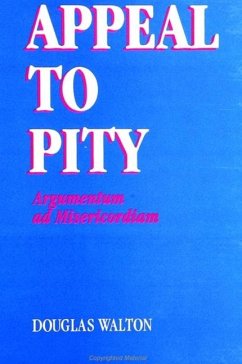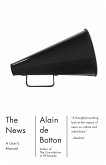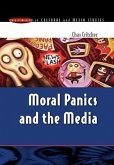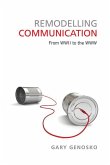Appeal to pity has frequently been exploited with amazing success as a deceptive tactic of argumentation, so much so that it has traditionally been treated as a fallacy. Using a case study method, the author examines examples of uses of appeals to pity and compassion in real arguments, to classify, analyze, and evaluate the types of arguments used in these appeals. Among the cases studied are the controversial use of "poster kids" in the Jerry Lewis Telethon for Muscular Dystrophy and the "baby incubators story" deployed by a public relations firm to influence the decision to send U.S. forces into Kuwait during the Gulf War. In addition to the analyses of these and other case studies, this book provides, for the first time, precise guidelines and useful criteria to identify, analyze, and evaluate instances of the ad misericordiam argument.
Hinweis: Dieser Artikel kann nur an eine deutsche Lieferadresse ausgeliefert werden.
Hinweis: Dieser Artikel kann nur an eine deutsche Lieferadresse ausgeliefert werden.








